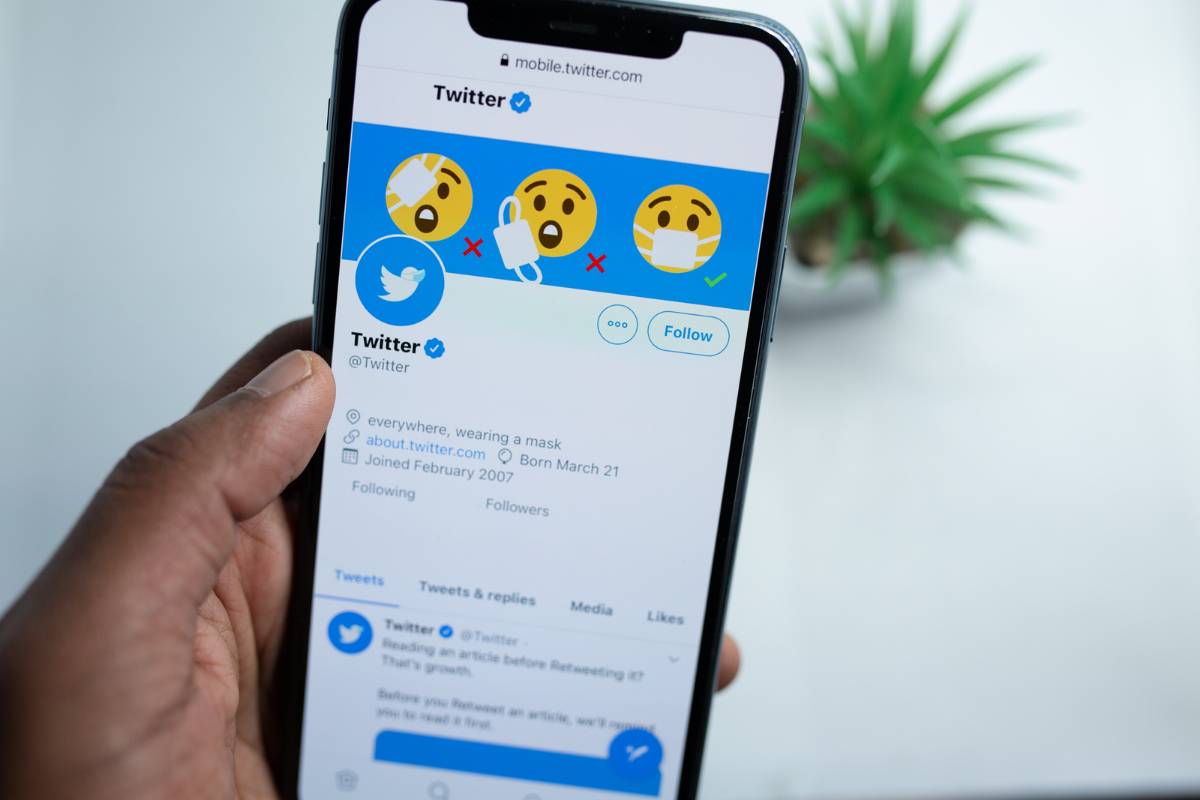Twitter has just introduced the ‘Tip-Jar’ feature for users in India. The micro-blogging platform will leverage Razonpay’s technology to support its ‘Tip-Jar’ feature in India. Through the new feature, users can make payments to freelancers, non-government organisations, new media professionals, journalists, content creators, and more. The best thing is, Twitter won’t take a cut out of these payments in any manner.
Twitter Rolls Out ‘Tip-Jar’ Feature With Razorpay in India
According to an ET Telecom report, Twitter was in the beta phase of the feature with Razorpay. But now, the service/feature has finally been launched for users in India. The publication’s report mentions that initially, this feature will only be reserved for creators, public figures, journalists, community leaders, and experts. To make payment, a Twitter user would be taken to Razorpay’s payment page, where he/she can choose UPI, net banking, debit card, or credit card for completing the transaction. Twitter’s ‘Tip-Jar’ feature would be available for both Android and iOS users. Twitter said that this is one of the several upcoming ways in which users can earn money through Twitter. Further, since India is a very diverse country, this feature will also be available in multiple languages such as Hindi, Kannada, Marathi, Gujarati, Bangla, and Tamil. In other countries, Twitter is allowing users to make payments through third-party applications such as PayPal, Patreon, Venmo, Cash App, and Bandcamp. This is a good strategy from Twitter to attract the attention of the users in the country. It will help the micro-blogging platform in increasing user retention and motivate them to come up with more interesting and unique content. This is the first time that Twitter if offering such a feature to the users. It is worth noting that this feature comes at a time when the government of India is at odds with Twitter. The government wants the social media giant to comply with the new IT rules; however, Twitter is adamant and believes that the new IT rules will take away people’s power of free speech and privacy. The company is yet to comply with the new laws and hence lost the ‘protection-shield’ in the country.
